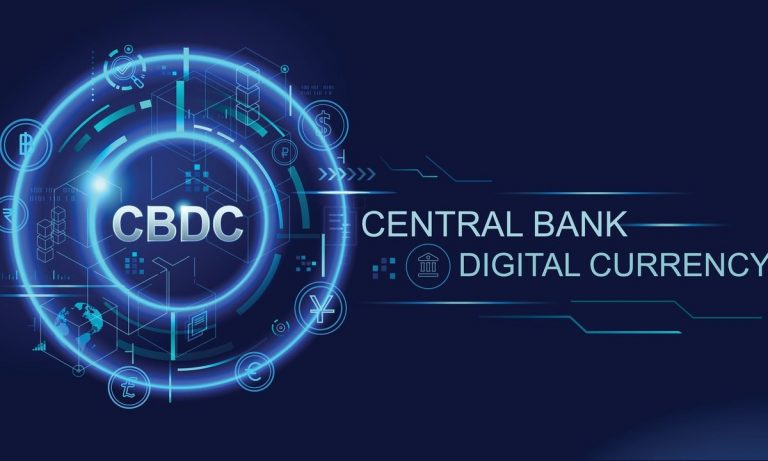
In a landmark achievement for the global financial system, several central banks have successfully completed a pilot project to test the feasibility and efficiency of cross border trading of wholesale central bank digital currencies (CBDCs) using decentralized finance (DeFi) platforms. The project, dubbed Project Helios, involved the participation of the central banks of Canada, Singapore, Thailand, and the United Arab Emirates, as well as several private sector partners.
Project Helios CBDC is a central bank digital currency project initiated by the European Central Bank (ECB) in collaboration with the European Commission. The project aims to explore the feasibility, benefits and challenges of issuing a digital euro that would complement the existing cash and payment systems in the euro area.
The main objective of Project Helios was to demonstrate the potential benefits of using DeFi platforms to facilitate cross border payments and settlements of wholesale CBDCs, which are digital tokens issued by central banks for use by financial institutions. Unlike retail CBDCs, which are intended for general public use, wholesale CBDCs are designed to enhance the efficiency and security of interbank transactions and wholesale market operations.
Tekedia Mini-MBA edition 14 (June 3 – Sept 2, 2024) begins registrations; get massive discounts with early registration here.
Tekedia AI in Business Masterclass opens registrations here.
Join Tekedia Capital Syndicate and invest in Africa’s finest startups here.
The project was launched in July 2021, following a comprehensive analysis of the policy, legal and technical aspects of a potential digital euro. The project is expected to last for two years, during which the ECB and the Commission will conduct experiments, engage with stakeholders and assess the impact of a digital euro on various domains, such as financial stability, monetary policy, privacy and cybersecurity.
According to a joint press release issued by the participating central banks, Project Helios achieved several key outcomes, such as:
Enabling atomic transactions, which are simultaneous and final transfers of assets across different jurisdictions and time zones, without intermediaries or settlement risk.
Reducing costs and operational complexities by leveraging smart contracts and distributed ledger technology (DLT) to automate trade execution and settlement processes.
Enhancing transparency and traceability by providing real-time visibility of transactions and balances on a shared ledger, as well as enabling auditability and compliance with regulatory requirements.
Fostering innovation and interoperability by using open-source software and common standards to enable seamless integration and compatibility among different CBDC platforms and DeFi applications.
The participating central banks also highlighted the potential challenges and limitations of using DeFi platforms for cross border trading of wholesale CBDCs, such as:
Ensuring adequate governance and oversight of DeFi platforms and service providers, as well as addressing legal and regulatory issues across different jurisdictions.
Managing cyber risks and ensuring resilience and reliability of DeFi platforms and infrastructure, especially in the event of network disruptions or malicious attacks.
Balancing trade-offs between scalability and decentralization, as well as between privacy and transparency, depending on the specific use cases and preferences of the users.
The participating central banks expressed their appreciation for the collaboration and support from the private sector partners, which included Accenture, ConsenSys, IBM, R3, Digital Asset, Fnality International, Quant Network, Fireblocks, MakerDAO, Uniswap, Aave, Compound, and Chainlink. They also emphasized that Project Helios was an experimental initiative and did not imply any commitment or endorsement of any specific CBDC design or DeFi platform by any of the central banks.
The project is not a decision to issue a digital euro, but rather a preparatory step to ensure that the ECB and the Commission are ready to do so if the need arises. The decision will ultimately depend on the outcome of the project, as well as on the views of the European Parliament, the Council of the European Union and the general public. The ECB and the Commission are committed to ensuring a high level of transparency and consultation throughout the project, as well as to respecting the principle of subsidiarity and proportionality in relation to the role of national authorities and private sector actors.
Project Helios is one of the latest examples of the growing interest and experimentation in CBDCs and DeFi among central banks and financial institutions around the world. As these technologies continue to evolve and mature, they may offer new opportunities and challenges for the future of money and finance.



